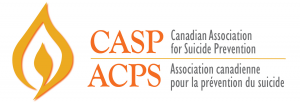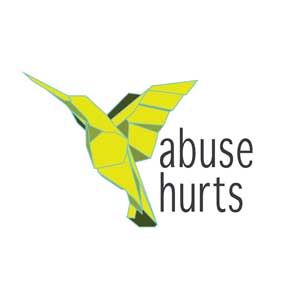When You Feel Like Giving Up
When you are about to give up, here are some thoughts...



 Abuse Hurts (countrywide help network comprised of around 100 smaller companies): https://www.abusehurts.ca/
Abuse Hurts (countrywide help network comprised of around 100 smaller companies): https://www.abusehurts.ca/

We look to Google for answers. Even the answer to “How to Kill Yourself”. Over 8,000 people in Canada alone search using those keywords every month.
Creating a Safety Plan – by Shawna Percy (as seen on Ted Talk)
Sometimes those we’ve talked to in the past were helpful. And, sometimes they’re weren’t. If the person/people you talked to in the past was helpful try reaching out to them again. If they weren’t helpful, or if they’re no longer available, thankfully, there are lots of different types of support we can potentially talk to. They don’t all work the same. Which support below would you like to explore connecting with?
FORMAL SUPPORTS (crisis lines, physicians, mental health workers, etc.)
-Kids Help Phone (for kids to age 21) 1-800-668-6868 (24/7) – TEXT 686868 (24/7: You don’t need a data plan, Internet connection or an app to use it.) https://kidshelpphone.ca/live-chat/
-Good To Talk (for post-secondary students mainly in the age group 17-25) – 1-866-925-5454 (24/7)
-Inuit and First Nations Hope For Wellness Line (in Ojibway, Cree, Inuktitut, English, and French) – 1-855-242-3310 (24/7)
– https://www.hopeforwellness.ca/
-Crisis Services Canada – 1-833-456-4566 (24/7) – 45645 (Available between 4pm – midnight) – Explore online chat options: http://www.crisisservicescanada.ca/en/#CdnSMSChat
-LGBTQ+ resources can be found here: https://thelifelinecanada.ca/resources/lgbtq/
-Canadian Mental Health Association – Although not a crisis resource many CMHAs have crisis lines, mobile crisis teams, or can start the process of getting you connected to one of their internal mental health supports. Find your local CMHA branch here: https://cmha.ca/
INFORMAL SUPPORTS (family, friends, community members, etc)
No one person was meant to be our everything. Some friends and/or family members or community members are great to have a surface conversation with, or a good laugh, or to help us with something around the house, or to connect us to others. Sometimes it’s a challenge to find that one person we can have a deep, meaningful conversation with about the messy parts of our life. But, don’t give up.
They’re out there. It’s not uncommon that we may need to be really clear with others about what we need from them right now. There’s a better chance of getting the help we need when we help others know how to help us. Look at the people in your life and try to identity who meets what needs, what needs are not being met, and who could potentially meet those needs if they had some guidance.
For other ideas on who could help expand your circle of support consider the following:
-Big Brothers and Big Sisters programs
-Neighbors
-Coworkers
-Family members (we don’t all come from the healthiest families. If that’s true for you think of your choosen family. Family is more than who we biologically were born out of.)
-Friends
-Coaches
-Teachers
-Spiritual leaders
-Faith-based community members
-Elders
-Grandparents & other extended family (whether biological or chosen)
-Pets and other animals (sometimes the best resources to talk to are the ones who sit with us and don’t talk back)
-The land. Yes, nature is an invalauble resource. If you live near a trail, or can access one, or if you can access a garden, the land can do wonders to help reduce anxiety, depression, anger, and give our immune system a much needed boost)
-Mindfulness. Practicing mindfulness is part of experiencing post-traumatic growth. Not familiar with mindfulness? Simply do a Google search for mindfulness exercises you can start practicing for free, today.
APPs
Other useful APPs
When you are about to give up, here are some thoughts...
Kim Walker-Smith – I’m done with being abused, I’m done with being hurt...
Special teen guests Becca, Abby, Meah, and Jamie to discuss the impact of negative emotions on Warri...
Because sometimes Mental Health awareness is easier sung than said. For someone I love, and anyone e...
What to do when you're not ok...
Tim Ferriss talks about facing fear...
An update of Kevin Hines – life after jumping off the golden gate bridge – and an update...
Catastrophizing is a thinking process / cycle that makes you anxious, depressed, and unmotivated. I...
PTS Survivors Guilt and Veteran Realities – from someone who’s been there https://forgin...
We want to escape the loneliness, depression, anxiety and stress. We have been told countless times ...
